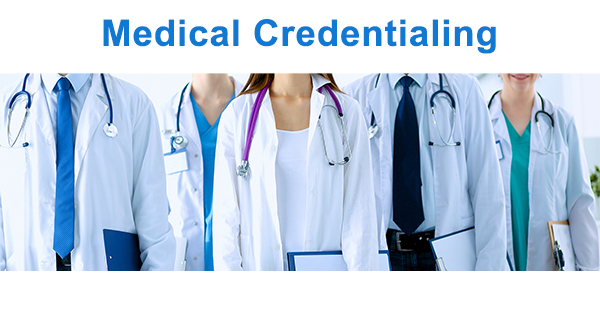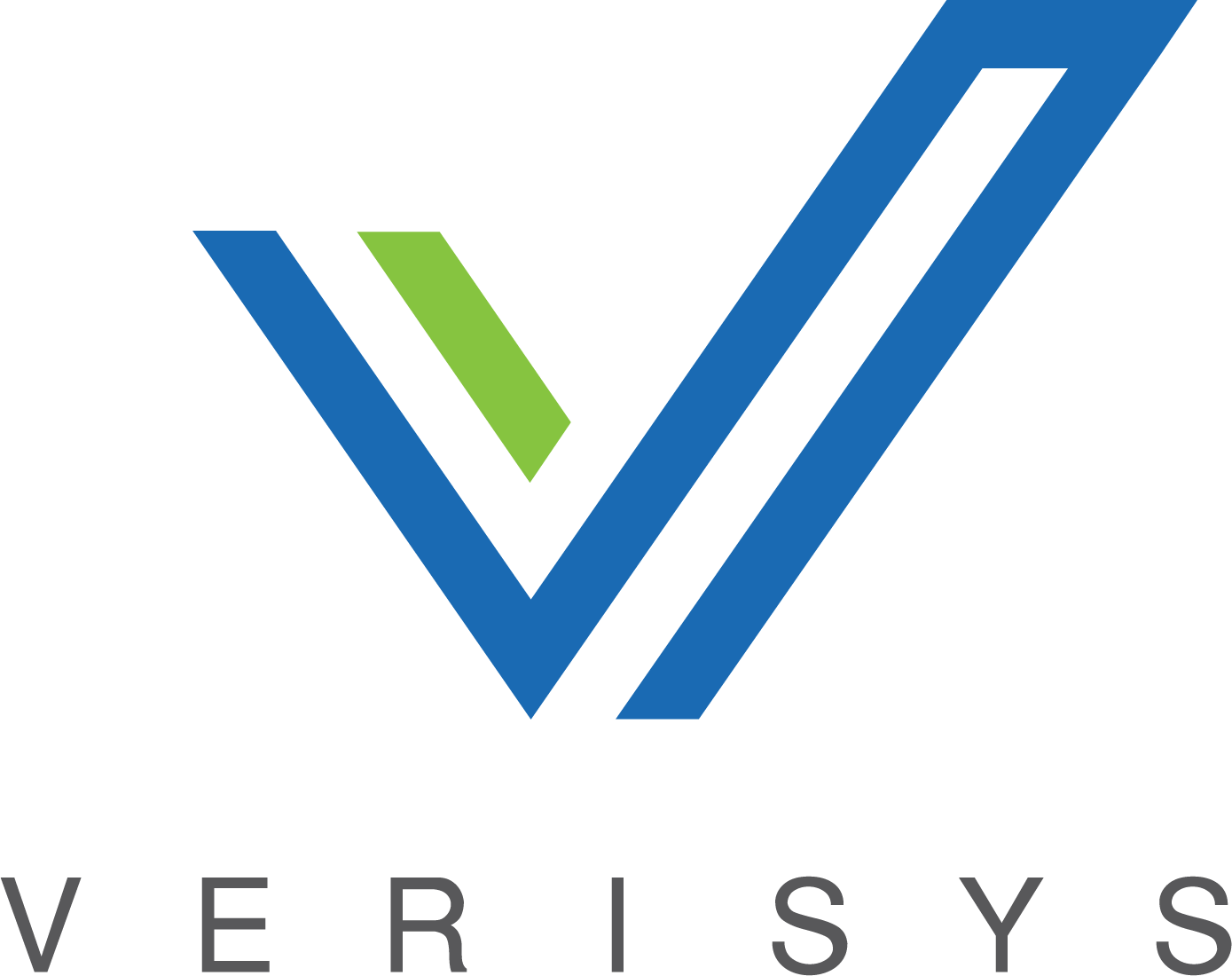– The best resource for monthly healthcare regulatory compliance updates. Compliance Updates: April 2024 Overlook: Licensure Compacts Other Legislation Board Updates Interstate Medical...


The importance of medical credentialing plays out in so many ways from patient outcomes, to avoiding lost revenue from fines and civil monetary penalties, to operating with a best-practices culture in your delivery of healthcare to your community.
Medical credentialing is the most critical process to assure that a healthcare provider is legal and competent. The credentials verification part of the medical credentialing process happens when a provider applies for a position at a healthcare organization. That organization must then verify that the applicant is who they say they are and that the applicant holds a current and unimpaired license in the state of practice and according to privileges granted and is fully competent and not in violation of any laws that would impact the ability to practice.
Healthcare Credentialing Starts with Quality Patient Care
With protecting patients as the core purpose, the medical credentialing process is informed by state and federal laws, requirements of accrediting bodies, the organization’s own bylaws, policies, and procedures, and the ever-changing requirements of insurance carriers.
The process can be done by the medical staff services team who provide medical credentialing services in house and call to verify the data elements, gather peer reviews, collect all attestations, and then take the application and credential file to the organization’s credentialing committee, the medical director, and last, the board. The process can also be delegated to a third-party credentials verification organization (CVO) that takes care of the first stage of medical credentialing services—the identity and credentials verification process.
Health systems such as hospitals, retail pharmacies, and clinics credential new candidates and re-credential its staff every three years.
The following paragraphs will describe the top 3 reasons why medical credentialing is important: 1) Prevents revenue loss, 2) Protects your patients, and 3) Mitigates lawsuits and reputational damage.
Medical Credentialing Prevents Healthcare Organizations from Revenue Loss
A primary fiscal reason to properly credential medical staff is to assure compliance to state and federal regulations. The reason for this is when a healthcare organization seeks reimbursement from a commercial insurance carrier, or a government program such as Medicare or Medicaid on services provided by an excluded nurse, physician, aid, pharmacist, or other provider, the payer can refuse reimbursement. In the case where the reimbursement has already occurred, the healthcare organization can be fined, hit with civil monetary penalties, and be required to repay the amount of reimbursement in full and sometimes in multiple fines.
It is the healthcare organization’s responsibility to ensure a provider’s credentials are verified upon hire and ongoing through a process of continuous monitoring. If a provider is placed on the Office of Inspector General’s (OIG) List of Excluded Individuals and Entities (LEIE), and that provider is two and a half years out until the formal re-credentialing process, the organization is at risk for a huge financial hit for each reimbursed service provided over that period of time.
Medical Credentialing Protects Your Patients
The LEIE is only one data point that a credentialed provider should be continuously checked against. Other important primary source publishers to check are FACIS®, OFAC, National Abuse Registry, Sex Offender Registries, and Social Security Death Master File, at a minimum.
A provider can be excluded for something rather unassociated with the ability to practice medicine such as defaulting on a student loan or letting his/her license expire. Adding the other primary-source data sets brings the next level of transparency to those who have contact with patients. It would be vitally important to know that the night nurse in the pediatric ICU is not a sex offender, or that the home health aide has not served multiple sentences for elder abuse in other states.
Part of the requirements of the credentialing process is competency and performance review by a proctor, as well as written peer reviews. The Joint Commission is a quality standards organization that accredits and certifies more than 22,000 healthcare organizations and programs in the U.S. That organization requires Focused Professional Practice Evaluation (FPPE) at the time of credentialing, and Ongoing Professional Practice Evaluation (OPPE) as an assessment process during a provider’s period of practice.
Patients don’t have access to this information and therefore can’t act as informed consumers for healthcare decisions. It is up to the healthcare organization to assure the safety of its patients as well as the safety of the entire staff.
Credentialing Protects Healthcare Organizations from Lawsuits
While medical credentialing is an essential yet preventive process that covers the bases of compliance and best practices, there are still circumstances that are out of the control of providers and administrators.
In the event of a lawsuit, the law will take into consideration the fact that a healthcare organization is in compliance with government requirements, has chosen to comply with quality standards organizations through current certifications and accreditations, and finally, an organization is best off when examined by the justice system when it has chosen the path of best practice compliance which is that of going above and beyond regulatory requirements.
On the other hand, if an organization is facing a lawsuit over patient endangerment or negligence and the provider is excluded, is on the national abuse registry, or is using a deceased provider’s NPI number to prescribe illegally, that organization will not only lose the lawsuit but live in the headlines. Reputational loss is the most difficult thing to recover, especially in the case of loss of life or quality of life.
Medical Credentialing Services Companies Relieve Administrative Burden
The healthcare industry is changing as rapidly as the world around us. As healthcare organizations grow with multiple hospital locations, urgent care locations, and specialty centers, and, as the practice of telemedicine is skyrocketing—all while many administrators are working remotely and delegating medical credentialing services— can assure continuous compliance and keep the organization current with changing regulations, waivers, and processes.
Verisys’ technology platform creates a single source of truth for an organization with a turn-key process of continuous monitoring against thousands of primary sources and cloud-based access across locations, departments, and states for ease of practicing telemedicine. It is an efficient way to stay on top of the credentialing process.
Verisys is a CVO accredited by URAC and certified by NCQA for medical credentialing services and provides the gold standard of provider data, license verifications, and continuous monitoring delivered through API, SFTP, its self-serve web-based portal, Verisys Connect, and the cloud-based credentialing platform, CheckMedic that issues a digital MedPass profile for each provider that is current at all times, portable with assigned use rights, and completely secure.
 |
Written by Verisys Verisys transforms provider data, workforce data, and relationship management. Healthcare, life science, and background screening organizations rely on our comprehensive solutions to discover their true potential. Visit verisys.com to learn how we turn problems into power.
|